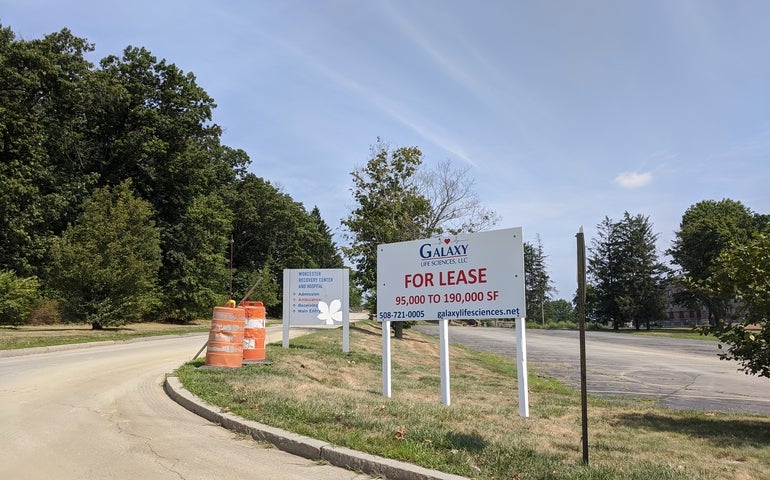While millions of Americans have learned to work from home, developing COVID-19 vaccines requires office and lab space.
It’s with that in mind, that several industry experts are expressing optimism for the life science industry’s ability to spread out into the suburbs of Boston. And over the past decade, many companies in the sector have been expanding out of the Kendall Square hub to municipalities in the greater Boston area.
Since former Gov. Deval Patrick signed a $1 billion package in 2008 to boost the life science sector in Massachusetts, the state has become even more of a hub for pharmaceutical, medical, and biotechnology companies. And after the pandemic forced jobs online or eliminated them entirely, experts are saying the industry’s resilience could help spur growth in smaller communities.
Alexandria Real Estate Executive Vice President Hunter Kass said the life sciences industry is generating “a lot more action,” deals, and positive momentum since the pandemic started.
“I think what we’ve all seen is that the activity that’s occurred in those offices or in those labs is really what enables us to see a light at the end of the tunnel with regards to coming back to work,” he said during a discussion hosted by the Newton-Needham Regional Chamber. “It is where we are getting vaccines done, it is where we’re going to be able to get to a path of normalcy.”
JLL Life Sciences Managing Director Bob Coughlin agreed.
“There’s some jobs that you can do from home, there are others that you can’t. You cannot cure a disease or develop a vaccine from your garage or from your living room, you just can’t,” the former state representative and MassBio CEO said.
Watertown is one of those municipalities that saw an increase in revenue as a result of a growing life science sector.
Watertown Director of Community Development and Planning Steven Magoon said the city was looking for a way to pursue economic development after the 2009 recession. Local officials created an economic development framework in an attempt to define Watertown’s economic role in the region.
“It also identified the life sciences as [an] industry cluster that was ripe for Watertown,” he said, adding that once an industry cluster formed in the city, it provided “a lot of new growth in terms of tax revenues that we wouldn’t have otherwise had.”
Why are some life science companies moving into the suburbs? Flexibility around how people work, the need to understand and manage commuting times, the “live, work, play” ecosystem, and cost saving strategies are all part of the puzzle.
“Some of the things that these companies need to succeed: shipping … support services, access to supplies that they need. And again, a benefit to moving outside, a little further away from the cities is it is more cost effective to do that,” Coughlin said. “It’s really that whole live work play piece and when you look at where the people live, and what they do for a living, I mean, this is just such an attractive area.”
The industry is built on collaboration, Kass said, and many of the companies in the sector thrive when they are close to each other. But building the ecosystems or clusters can’t be done anywhere, he said.
“From a cluster perspective, I think the one thing I would just caution is that we obviously are talking about life science as a great catalyst for growth in certain areas, but it’s not going to be the answer everywhere,” Kass said. “It’s not going to be able to be done anywhere because a good amount of buildings are vacant.”
It takes time, planning, and mindfulness of which companies can grow in certain areas.
“I think it’s a very selective process for where people are successful, and then being able to commit the resources necessary to have an ecosystem grow,” Kass said. “That ecosystem and clustering does not happen overnight, you need to be very patient for it to occur.”

